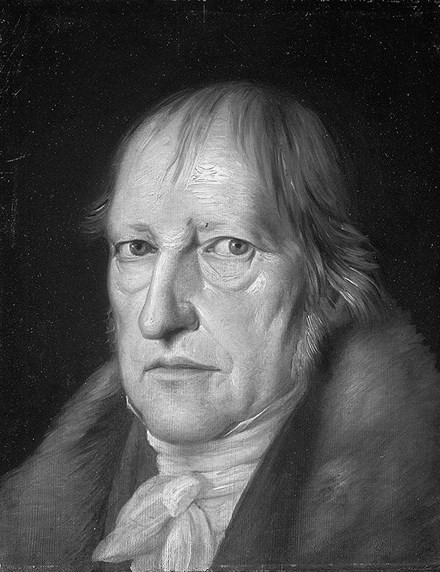
Publication details
Publisher: Springer
Place: Berlin
Year: 2015
Pages: 165-176
Series: Law and Philosophy Library
ISBN (Hardback): 9783319093741
Full citation:
, "On obligations, norms and rules", in: Problems of normativity, rules and rule-following, Berlin, Springer, 2015


On obligations, norms and rules
pp. 165-176
in: Michał Araszkiewicz, Paweł Banaś, Tomasz Gizbert-Studnicki, Krzysztof Płeszka (eds), Problems of normativity, rules and rule-following, Berlin, Springer, 2015Abstract
What is the main form of expression in law? The classical philosophers of law like Grotius, Hobbes, Pufendorf, Achenwall, Kant, Hegel and Austin thought that commands/orders/imperatives/prescriptions are these main forms. However, non-positivistic philosophers did not pay much attention to this question because for them the aim of law was important, while the means of law, like forms of linguistic expression, were a secondary concern. The linguistic means are contingent and will be chosen freely to attain this aim. In the twentieth century positivists like Kelsen or Hart tried to identify one main type of expression to characterize the law: norms (Kelsen) or rules (Hart). In this essay I will argue that neither norms nor rules can be assumed as the main form of expression of law. Furthermore, there is no reason why we could or should identify one and only one main form of expression in law. In contrast, law can use a multitude of linguistic means. There does not even exist a limited number of expressions in law but a whole plethora: commands/orders/imperatives/prescriptions, evaluations, permissions, derogations, authorizations, rules, norms, but also descriptive speech acts like statements, definitions. We have to liberate ourselves from the false and dangerous idea that there is any reason to reduce conceptually or a priori the choice of our linguistic means to realize the aim of law. The same holds for means, which are part of our thinking like concepts, institutes, obligations, duties, propositions, values etc. Like in any other human endeavour means can be selected freely to attain the chosen aim, provided these means are effective, proportional and not forbidden because of other reasons.
Cited authors
Publication details
Publisher: Springer
Place: Berlin
Year: 2015
Pages: 165-176
Series: Law and Philosophy Library
ISBN (Hardback): 9783319093741
Full citation:
, "On obligations, norms and rules", in: Problems of normativity, rules and rule-following, Berlin, Springer, 2015


